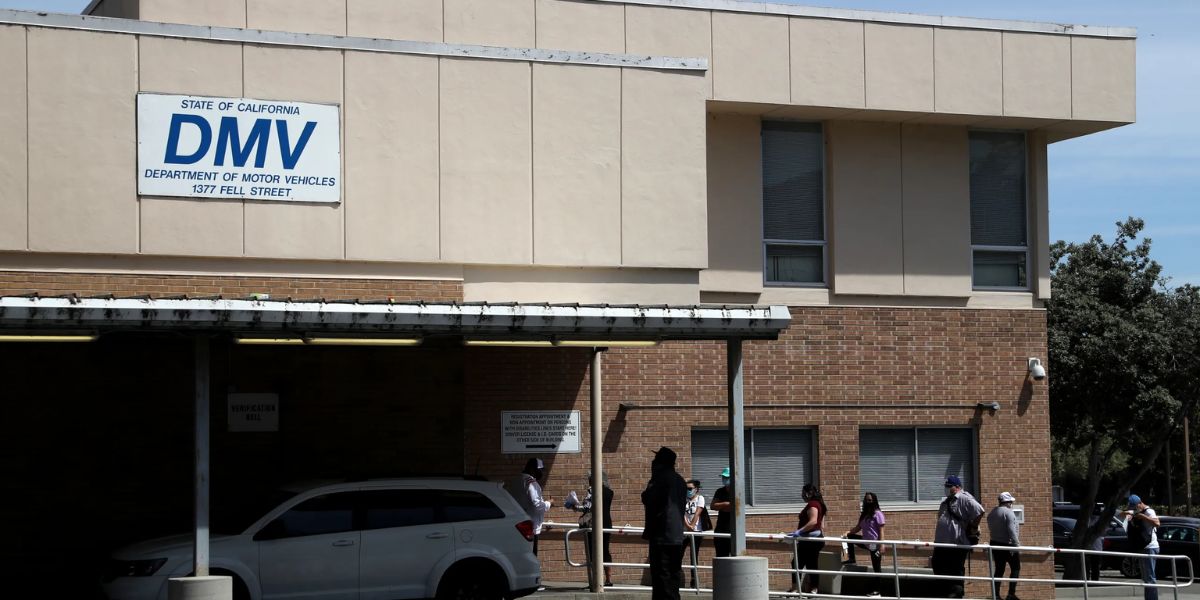Ford Motor Company is facing an unprecedented challenge as it has been forced to temporarily close several of its manufacturing plants.
This decision was made in response to ongoing issues with the supply chain, particularly influenced by trade tensions between the United States and China, and the critical shortage of key minerals necessary for vehicle production.
These disruptions have raised serious concerns about the future of the company and its ability to maintain operations at full capacity.
The Impact of the Supply Chain Crisis
Jim Farley, Ford’s CEO, revealed that the company has been managing production on a day-by-day basis due to the uncertainty brought about by the shortage of essential materials. One of the key issues is the automotive industry’s reliance on China for rare minerals.
These minerals are critical for manufacturing various components of vehicles, such as windshield wipers, seat belts, and audio systems. With these materials in short supply, Ford’s ability to maintain its production lines has been severely compromised.
The Trade Conflict Between the U.S. and China
The root cause of these supply chain issues stems from the ongoing trade war between the United States and China. During Donald Trump’s presidency, the U.S. implemented tariffs that led China to retaliate with 125% tariffs on certain imports, which included crucial minerals needed by automakers.
Farley highlighted that the absence of these materials made it virtually impossible for Ford to continue manufacturing vehicles, forcing the company to close several of its plants.
Additionally, Ford is facing the threat of a 10% tariff on Chinese imports, which could further damage the company’s already fragile situation. With Ford having exhausted its manufacturing capabilities in the U.S., it now finds itself heavily dependent on international suppliers, which has only exacerbated the strain.
Ford’s Hope for a Resolution
Despite the challenges, there is a glimmer of hope. Recent signs suggest a potential improvement in U.S.-China trade relations. A new trade agreement has been reached, which both parties have hailed as a success. Even former President Donald Trump has praised his relationship with Chinese President Xi Jinping, calling it “excellent.”
In light of this development, Ford has started working with China’s Ministry of Commerce to facilitate new trade agreements that would help resolve the supply chain crisis.
Farley emphasized that Ford is committed to educating both governments on the importance of these agreements to protect thousands of jobs in the U.S., particularly in the Midwest, where the automotive industry plays a crucial role in the local economy.
Read Also: Historic Grocery Store Brand Files for Bankruptcy After 140 Years
Other Challenges for Ford
While the supply chain issues have dominated the headlines, Ford is also grappling with other challenges. The company recently had to recall over a million vehicles due to a serious safety defect, which created significant public relations and financial headaches.
Additionally, a popular Ford dealership was replaced by an auto repair chain, signaling potential shifts in Ford’s retail strategy.
However, it’s not all bad news for the company. A heartwarming story surfaced when a Ford fan decided to restore a classic 1969 Ford model, which had been forgotten in a basement for over 40 years.
Read Also: California Proposes First-in-the-Nation Smoke Damage Insurance Standard
This act of passion for the brand demonstrates the deep love and loyalty Ford has cultivated among its customers over the years, regardless of the challenges it faces.
Looking Ahead: The Road to Recovery
Ford’s situation highlights the vulnerability of even the most established companies in the automotive industry.
The trade tensions between countries are beyond Ford’s control, but the company’s efforts to contribute to the education of governments on the importance of protecting workers’ rights and promoting fair trade agreements are commendable.
At the end of the day, it is the workers and their families who are most affected by these disruptions, and Ford’s proactive approach to navigating this crisis could set an example for others in the industry.
As Ford works to stabilize its operations, it remains clear that the company’s future will rely on the resolution of trade issues and the rebuilding of its supply chain infrastructure.
The hope is that these challenges will eventually give way to opportunities for growth and innovation, allowing Ford to emerge stronger in the years to come.
What do you think about Ford’s response to the ongoing supply chain issues and its potential impact on the automotive industry? Share your thoughts and insights in the comments below!
Also, feel free to check out more articles and updates on this and other industry-related topics on our website: ridgecrestpact.org.














